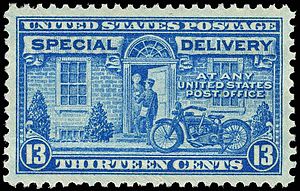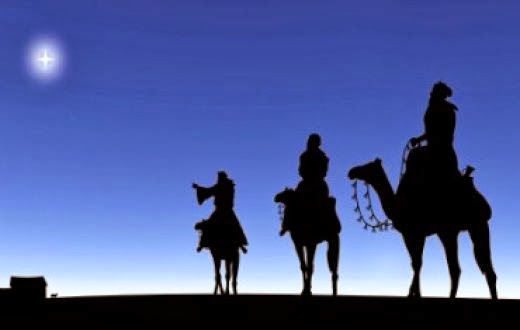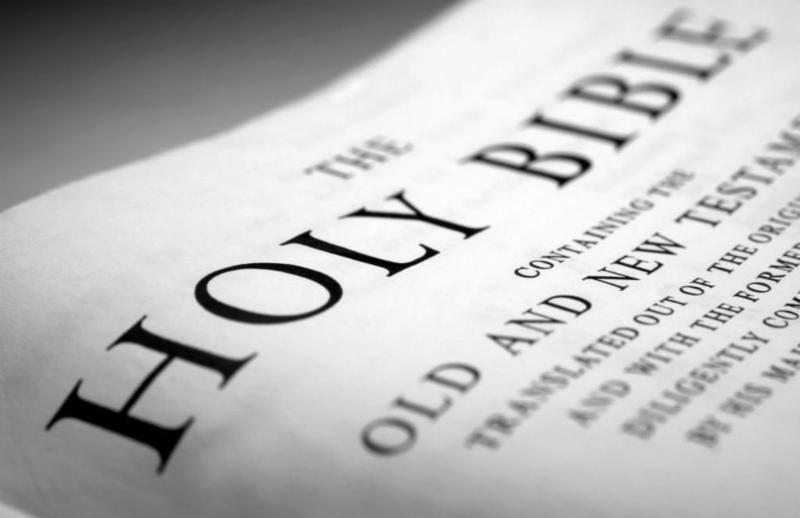New and
Improved
See, I am doing a new thing! Now it springs up; do you
not perceive it? I am making a way in the wilderness and streams in the
wasteland.
--
Isaiah 43:19
You finally bought that new car. And it
drives great. In fact, it's even better than you expected. But only a few days
later you see a slick TV commercial for the 2017 model. The styling is better,
there's more horsepower and it has bells and whistles that weren't available on your
vehicle. Suddenly, your shiny pride and joy has lost its luster.
It's inevitable. Buy a feature-packed smartphone,
tablet computer or other tech-filled device, and  rest assured that a new-and-improved version
is right around the corner. Televisions exemplify this principle. It was only a few
years ago that expensive Sony
Trinitrons had the best picture quality. But today's ultra-high
definition flat-screens deliver amazing, life-like images at just a fraction of
the price.
rest assured that a new-and-improved version
is right around the corner. Televisions exemplify this principle. It was only a few
years ago that expensive Sony
Trinitrons had the best picture quality. But today's ultra-high
definition flat-screens deliver amazing, life-like images at just a fraction of
the price.
 rest assured that a new-and-improved version
is right around the corner. Televisions exemplify this principle. It was only a few
years ago that expensive Sony
Trinitrons had the best picture quality. But today's ultra-high
definition flat-screens deliver amazing, life-like images at just a fraction of
the price.
rest assured that a new-and-improved version
is right around the corner. Televisions exemplify this principle. It was only a few
years ago that expensive Sony
Trinitrons had the best picture quality. But today's ultra-high
definition flat-screens deliver amazing, life-like images at just a fraction of
the price.
There's nothing wrong with the TV you bought a few years ago. Its
picture and sound quality haven't let you down. But once you've seen one of
those new UHD sets, you're spoiled for good. It's hard to go back because
things have been taken to the next level.
Marketing promotes the latest and greatest and what's new and
improved. And we expect such messages from advertising agencies and big-box
retailers. But did you know that God also uses this same concept when it comes
to our faith? First and foremost, God wants us to upgrade our lives by accepting his Son as our personal Lord and Savior. And
once we take that life-changing step, our amazing journey begins. But becoming
a fully-developed Christ-follower is a process. God doesn't just turn his back
on us and wait until we die to take us home. Instead, he wants us to become new
and improved along the trip.
How can that happen? One way is by joining a gathering of fellow believers (sometimes called a "small group" or "gel group") that meets in homes, coffee shops or other venues at scheduled times aside from Sunday church worship services. Sharing our joys, troubles,
issues--and even doubts--with other believers strengthens the experience. And
meeting regularly with them provides more opportunities for faith enrichment.
It's in such settings that we encourage one another, do good for each other and
study God's message.
2017 is upon us. So are you ready for something that's new and improved? Today's the day to trade in that basic-cable spiritual journey for 500 channels of ultra-high definition faith!
2017 is upon us. So are you ready for something that's new and improved? Today's the day to trade in that basic-cable spiritual journey for 500 channels of ultra-high definition faith!














